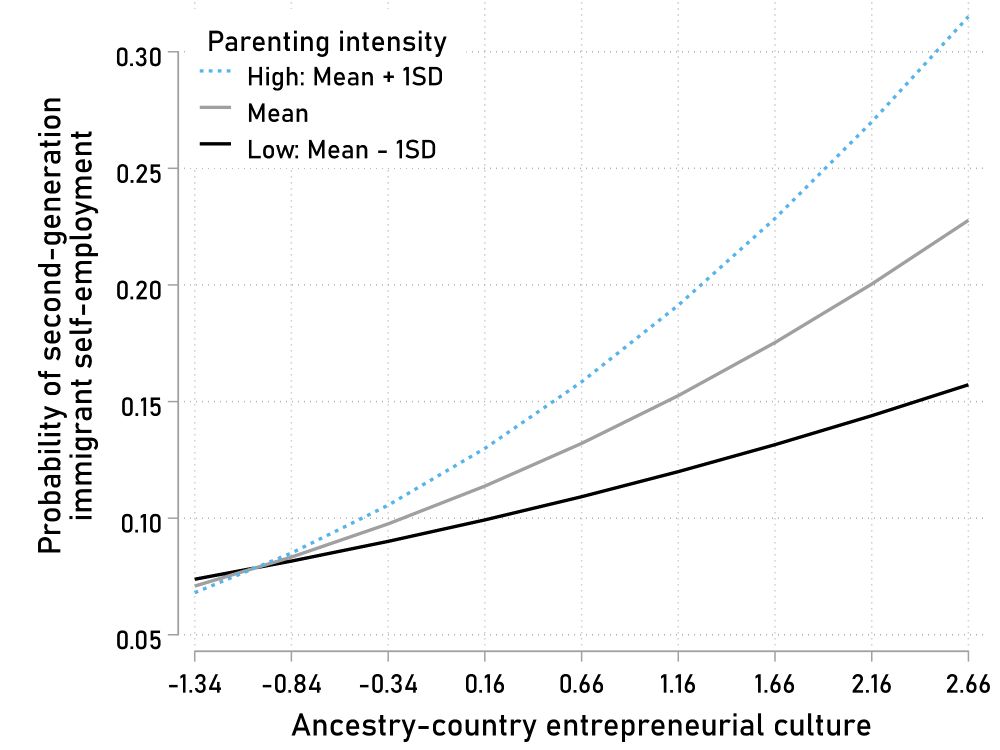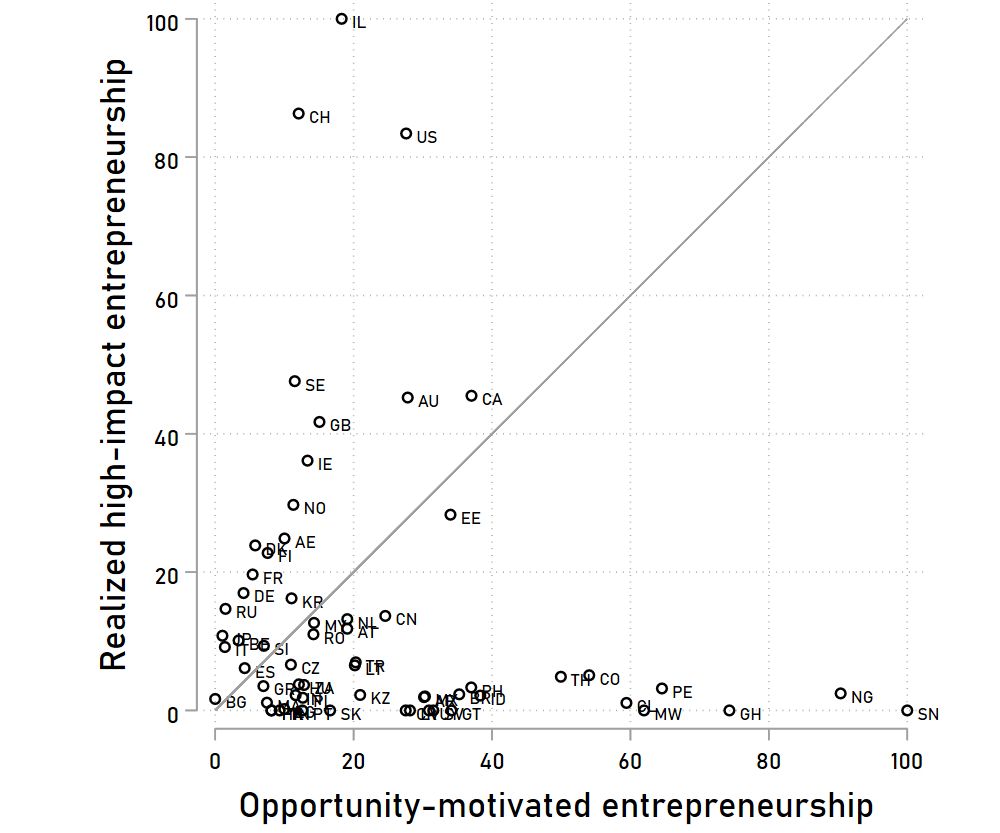
|| Entrepreneurship & International Business
|| PhD - University of Groningen
Open-access link: doi.org/10.1007/s111...
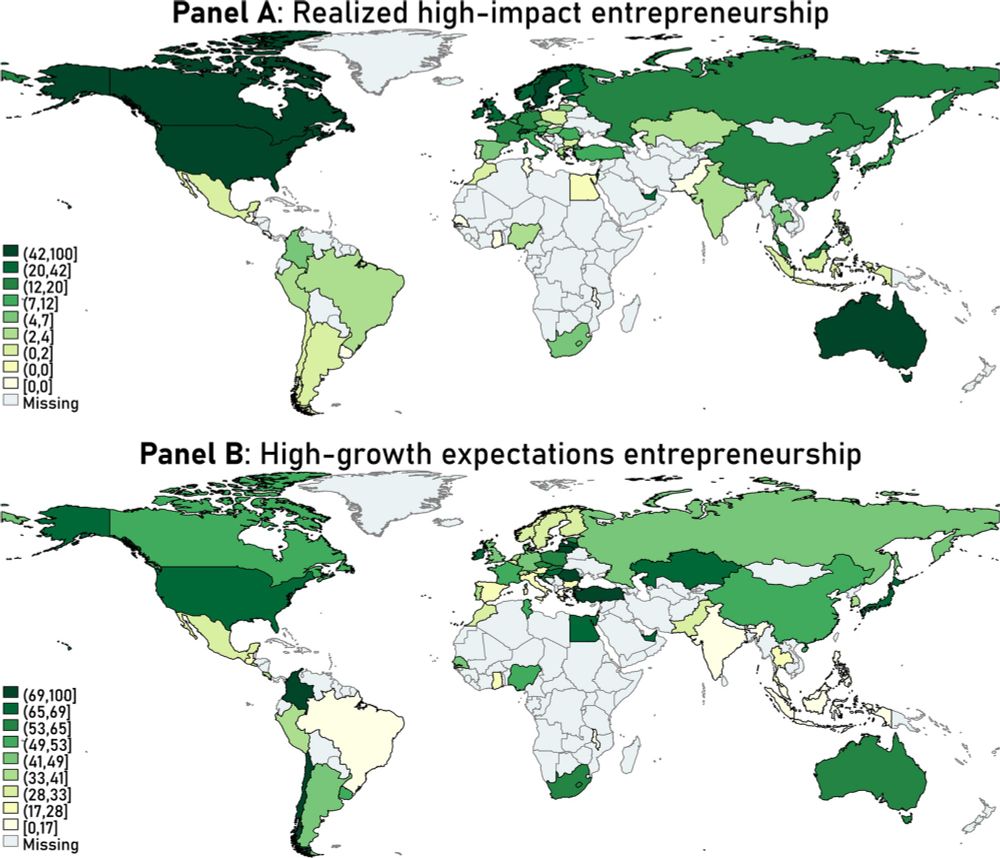
Open-access link: doi.org/10.1007/s111...
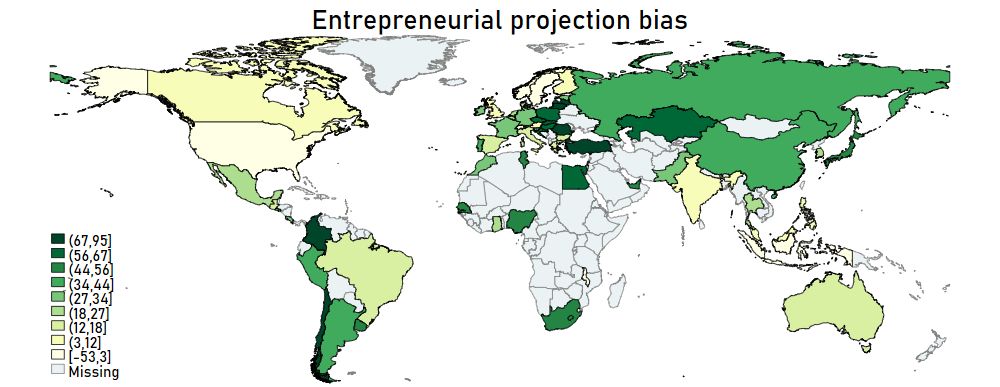
We find that expectations are not a good proxy for realizations; they are associated with different determinants and outcomes, respectively.
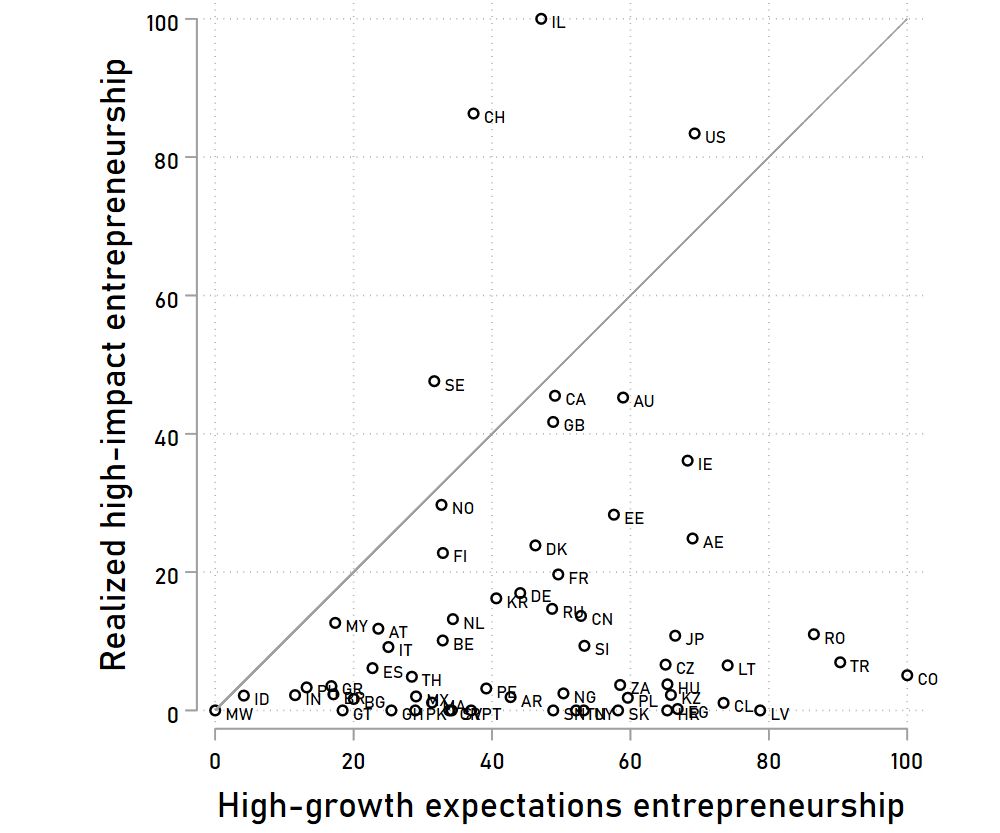
We find that expectations are not a good proxy for realizations; they are associated with different determinants and outcomes, respectively.
@orgscience.bsky.social

@orgscience.bsky.social
